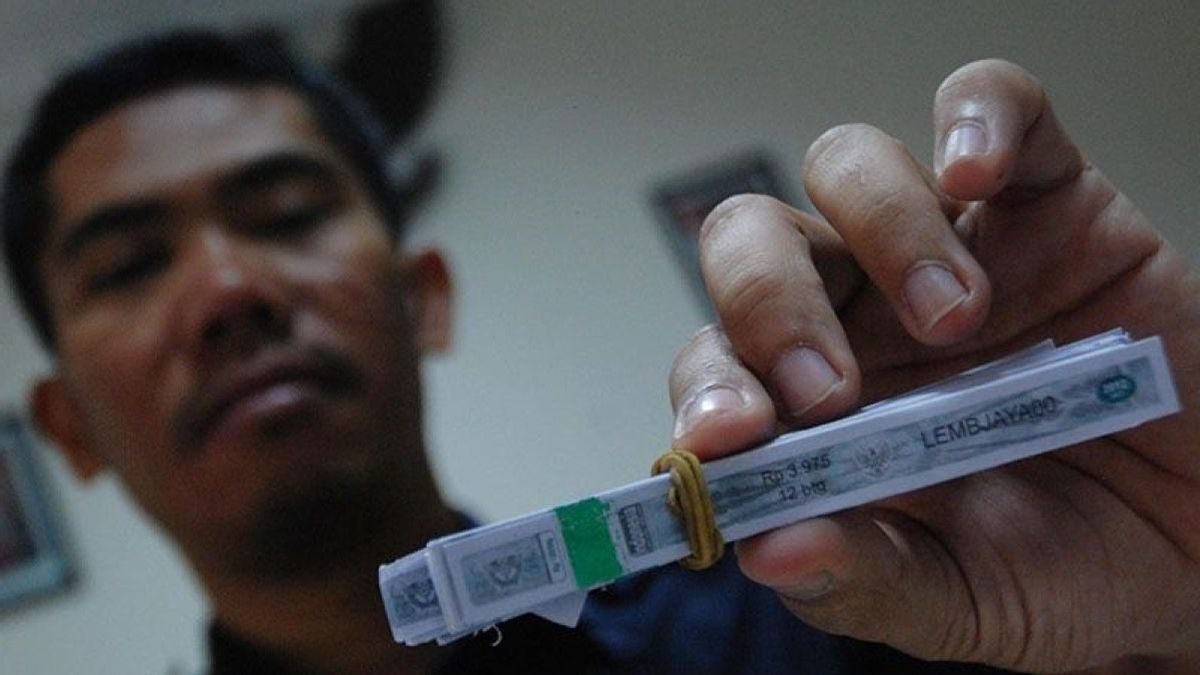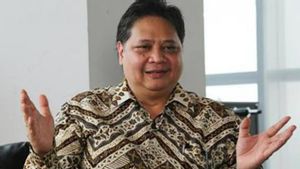Tax Observer from the Center for Indonesia Taxation Analysis (CITA) Fajry Akbar assesses that this increase in Tobacco Product Excise (CHT) is intended so that consumption control of tobacco products and excise revenues will be more optimal.
"We know that the excise revenue in 2023 was not achieved. One of them is the sluggish excise revenue of tobacco products (CHT), the production of conventional cigarettes in 2023 which decreased," he explained to VOI, Thursday, January 4, 2024.
Fajry explained that the increase in cigarette rates could be used so that excise revenue in 2024 could be achieved. In addition, according to him, the increase in e-cigarette rates which is greater than conventional cigarettes is correct.
"The average price of e-cigarettes is relatively cheaper than conventional cigarettes. So Pula with an e-cigarette tax. This is for the sake of equal playing field," he said.
According to Fajry, the imposition of e-cigarette taxes should be because conventional cigarettes have been taxed on cigarettes. In addition, according to him, the increase has been given time for relaxation in implementation.
"If it was supposed to be subject to cigarette excise, an e-cigarette tax should have been imposed, but the government should have only worn it now," he explained.
SEE ALSO:
However, Fajry regretted that the government's policy in formulating this did not invite stakeholders such as associations, so there was no rejection or chaos in the public.
"So, the tariff for e-cigarettes and e-cigarette taxes is correct. With the equal playing field, we hope that the aspects of controlling consumption and state revenue (cukai) will be optimal," he concluded.
The English, Chinese, Japanese, Arabic, and French versions are automatically generated by the AI. So there may still be inaccuracies in translating, please always see Indonesian as our main language. (system supported by DigitalSiber.id)
















